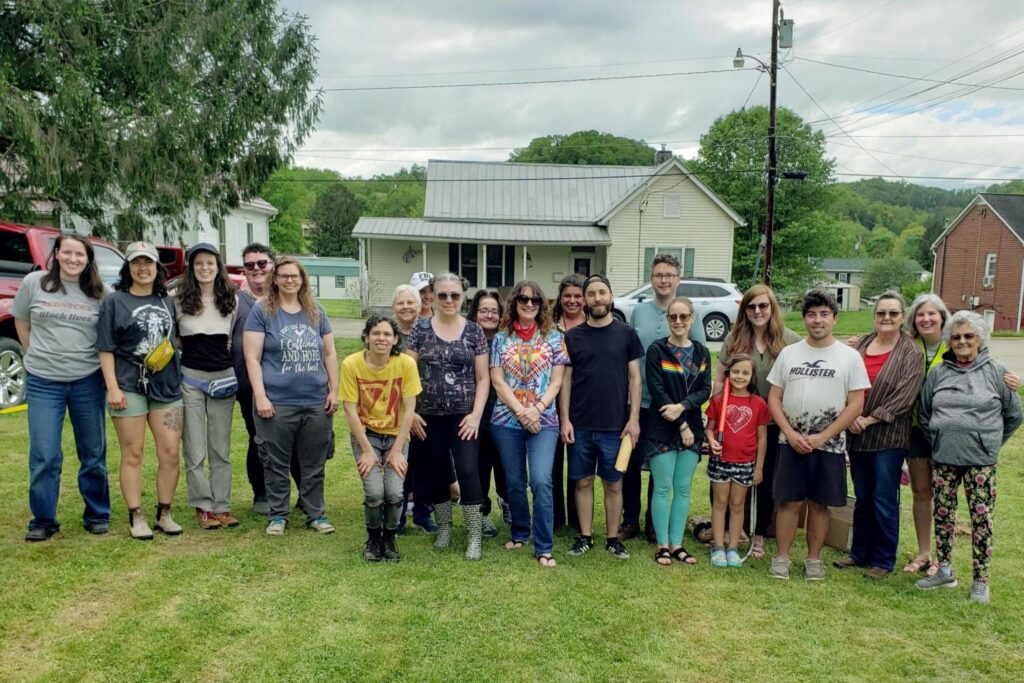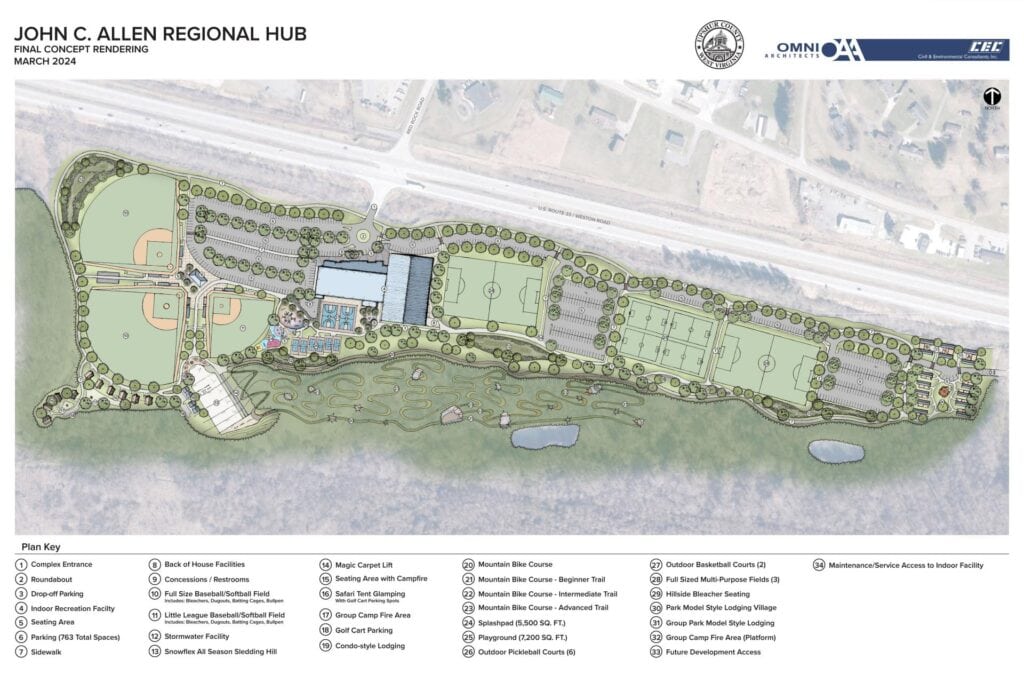BUCKHANNON — The Buckhannon Water Department – which operates the only water treatment plant in Upshur County – is reassuring residents that local water is safe to drink after more than 4,000 tons of stockpiled coal washed into the Buckhannon River over the July 15-16 weekend.
The spill occurred when infrastructure designed to prevent spillage at the Carter Roag Mine Facility in Randolph County near Helvetia collapsed during a torrential rainstorm Saturday, July 15. That led to approximately 4,500 tons of what’s referred to as ‘clean coal’ spilling into the Buckhannon River, according to the West Virginia Department of Environmental Protection.
Kelly Arnold, superintendent of the City of Buckhannon’s Water Department, said Friday that water distributed within the city and throughout the county via Public Service Districts is safe to drink; however, the Buckhannon Water Treatment Plant has had to alter a few chemicals in its treatment of Buckhannon River water since the event.
“There was a higher pH to the water, so we did have to adjust chemicals to compensate on Sunday (July 16),” Arnold said.
The abbreviation pH indicates how acidic or non-acidic water is, and the water department has had to increase chlorine, which functions as a disinfectant, and potassium, which, in layman’s terms, turns liquid iron into a solid so it can be more easily filtered out, Arnold said.
“We’ve seen an increase in pH, so we’ve had to make some changes – the pH is usually 6-7, but it was 7.6,” Arnold said, “We didn’t know what was coming down the river when it was black, but everything meets or exceeds what we’re required to put out by the EPA and the Health Department. The water is safe to drink today, and it’s been safe.”
Terry Fletcher, chief communications officer for the DEP, confirmed Wednesday that approximately 4,500 tons of stockpiled coal spilled into the left fork of the Buckhannon River when control structures at the Carter Roag Mine Facility gave way during a period of heavy rain.
“A violent rain event on Saturday, July 15 (approximately 2.5 inches in one hour) damaged control structures at the Carter Roag facility in Randolph County, which led to the spill in the left fork of the Buckhannon River,” Fletcher said in an email.
Fletcher said the DEP was notified of the event late Sunday evening, July 16, and was on-site the next morning, July 17. Later that day, Fletcher said the Adrian Public Service District became aware of “a slug of black water” in the Buckhannon River. However, Carter Roag, which United Coal Company owns, did not notify the statewide spill hotline until Tuesday, July 18, and by that time, the DEP had already been receiving citizen complaints and media inquiries, Fletcher said.
“One of the violations issued to the company was failure to notify the spill hotline within 24 hours,” Fletcher said. The DEP also issued two additional citations to Carter Roag for failure to maintain control structures and for causing conditions not allowable in the waters of the state.
The DEP did not directly notify the City of Buckhannon’s Water Department, but Fletcher said that’s because the W.Va. Department of Health and Human Resources is the agency that monitors the spill line and is charged with overseeing drinking water intakes in the state.
According to a statement from a DHHR spokesperson, “The coal spill did not affect water treatment needs, and finished water in the area continues to be monitored according to established water quality standards. The rain event itself caused increased turbidity and therefore a need for slightly increased coagulant dose, which is normal procedure.”
The spokesperson said no water advisories had been issued as a result of the spill.
Fletcher said the DEP has taken water samples and is currently awaiting those results, but preliminary readings are showing the water chemistry in streams “remains mostly unaffected.”
“The primary slug of coal passed through late last week, and stream conditions were already improving at that time,” he said. “There was still some mild discoloration in certain sections of the Buckhannon [River], but the Tygart has returned to its normal color,” he said. “The spill caused coal fines to be deposited in small amounts over a long distance, and we anticipate future rain events to wash those fines downstream and out of the watershed.”
The Buckhannon Water Department has garnered respect throughout the state, having been named the West Virginia Rural Water Association’s System of the Year in 2017, and the American Water Works Association deemed the water put out by the plant the second-best tasting water in the state in 2018, according to the city’s website.
Arnold also noted the Upshur-Buckhannon Health Department annually awards the Water System a certificate of recognition for exceeding the standards set by the Area-Wide Optimization Program, an initiative established by the U.S. Environmental Protection Agency.
The DEP defines clean coal as mined coal that has been washed in a preparation plant to remove impurities from the end product – such as dirt, rocks, sulfur, etc. – which is then stockpiled for distribution, Fletcher said. Arnold said it was a positive the coal had been cleansed of heavy metals.
“The DEP has said there were no heavy metals in it, which is good, and that [Carter Roag] had washed the coal in their stockpile,” he said.













